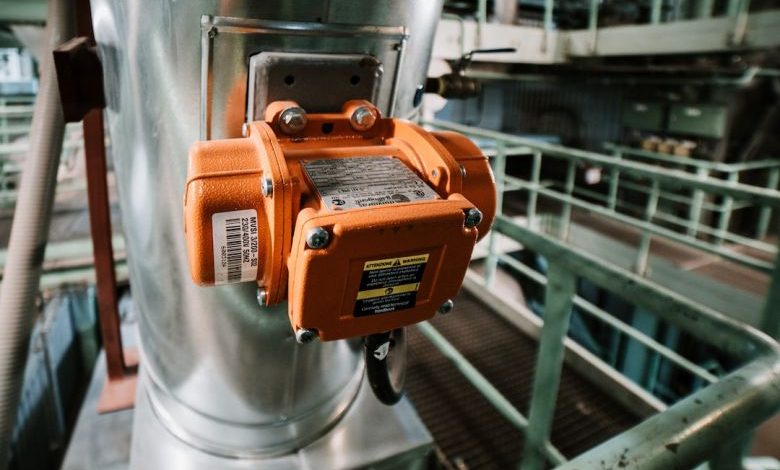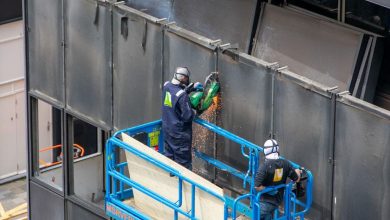The Efficiency of Air Compressors in Construction

Air compressors play a vital role in the construction industry, providing a reliable source of power for various tools and equipment. From powering pneumatic hammers to spraying paint, these machines have become essential in completing construction projects efficiently. In this article, we will explore the efficiency of air compressors in construction and how they contribute to the overall productivity of the industry.
Increased Power Output
One of the primary advantages of using air compressors in construction is the increased power output they provide. By compressing air, these machines generate a significant amount of force that can be harnessed to operate heavy-duty tools. For example, pneumatic hammers driven by compressed air can deliver greater impact force compared to their electric counterparts. This enhanced power output allows construction workers to complete tasks more quickly and efficiently, saving both time and effort.
Versatility and Adaptability
Air compressors are incredibly versatile and adaptable, making them suitable for a wide range of construction applications. With the right attachments and accessories, they can power various tools, such as nail guns, drills, sanders, and even paint sprayers. This versatility eliminates the need for multiple power sources, reducing equipment costs and simplifying workflow. Construction workers can easily switch between different tools, maximizing productivity and efficiency on the job site.
Portability and Mobility
Another significant advantage of air compressors in construction is their portability and mobility. Many models are designed to be compact and lightweight, allowing for easy transportation to different locations on the job site. This mobility enables construction workers to bring the power source directly to where it is needed, eliminating the need for long extension cords or bulky generators. With a portable air compressor, workers can move freely and work efficiently, especially in situations where access to electricity is limited.
Cost Savings
Using air compressors in construction can lead to significant cost savings. Compared to other power sources, such as electricity or gasoline, compressed air is often more affordable. Additionally, air compressors are generally more efficient in converting energy into useful work. This means that a smaller amount of energy is wasted, resulting in lower operating costs. Construction companies can allocate their resources more effectively by investing in air compressors, reducing overall expenses and increasing profitability.
Reduced Downtime
Downtime in construction can be costly and disruptive. Equipment breakdowns and delays can cause delays in project completion, leading to increased costs and dissatisfied clients. Air compressors, when properly maintained, are known for their reliability and durability. They are less prone to breakdowns and require minimal maintenance compared to other power sources. This reduced downtime allows construction workers to focus on their tasks without interruptions, ensuring that projects are completed on time and within budget.
Improved Safety
Safety is paramount in the construction industry, and air compressors contribute to a safer working environment. With the use of pneumatic tools, workers can keep their hands away from sharp or hot objects, reducing the risk of injuries. Additionally, compressed air-powered tools are often lighter and easier to handle, minimizing strain and fatigue on workers. By providing a safer working environment, air compressors contribute to the overall efficiency and productivity of the construction industry.
In conclusion, air compressors are invaluable tools in the construction industry. Their increased power output, versatility, portability, and cost savings make them essential for completing projects efficiently. Additionally, air compressors contribute to reduced downtime, improved safety, and enhanced productivity on the job site. With the continuous advancements in technology, we can expect air compressors to become even more efficient in the future, further revolutionizing the construction industry.




